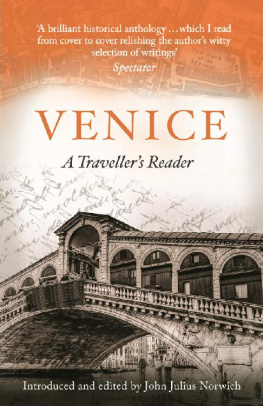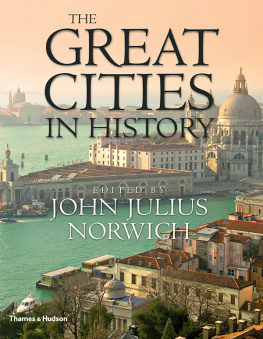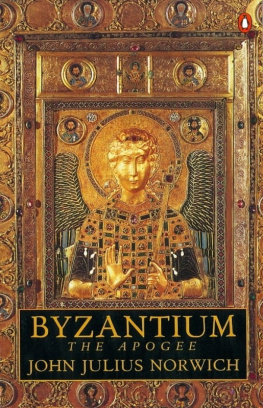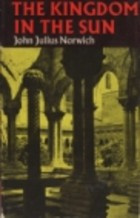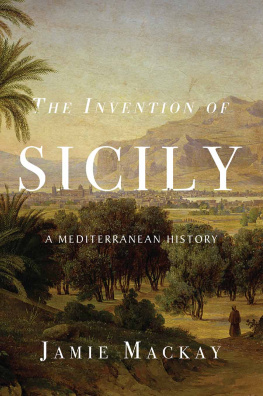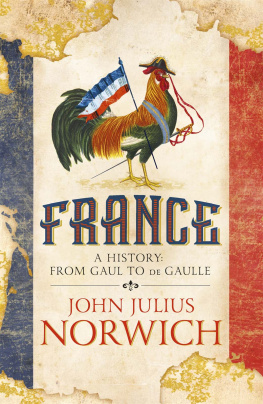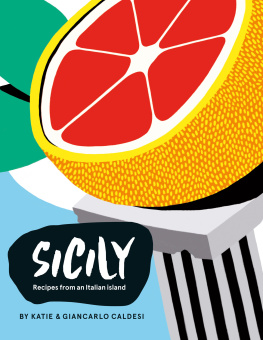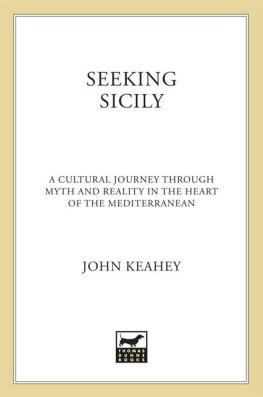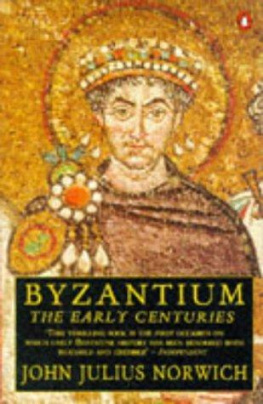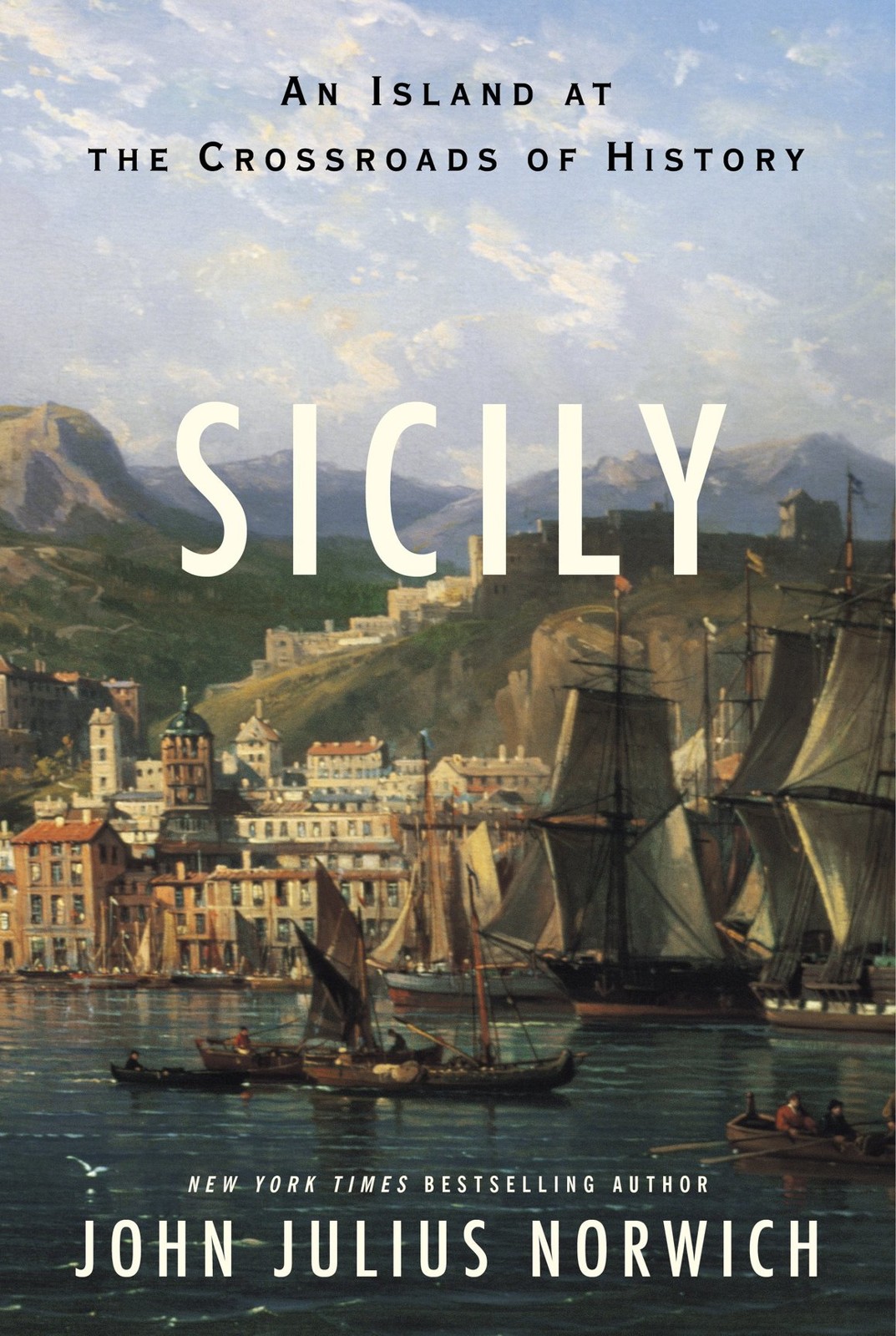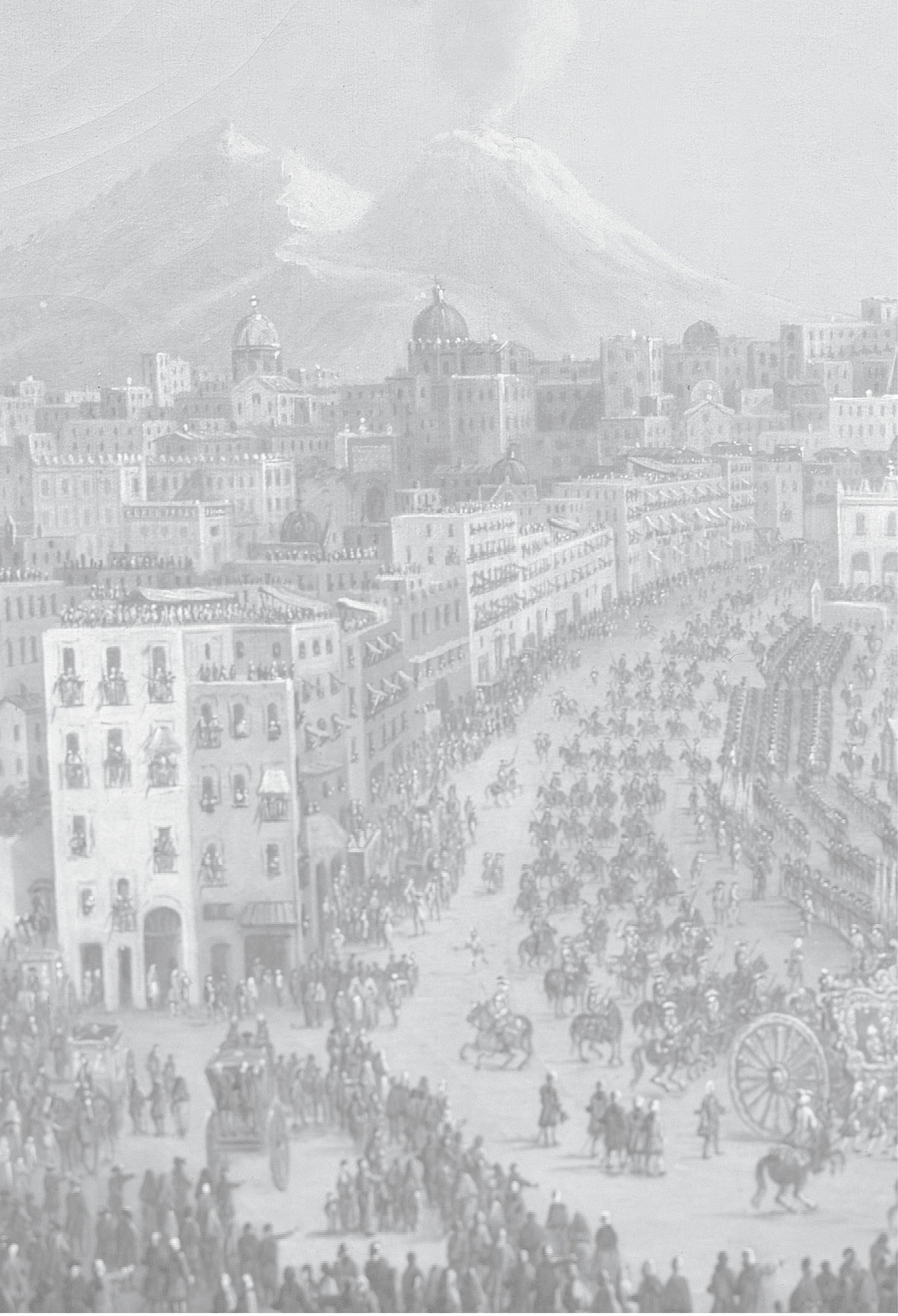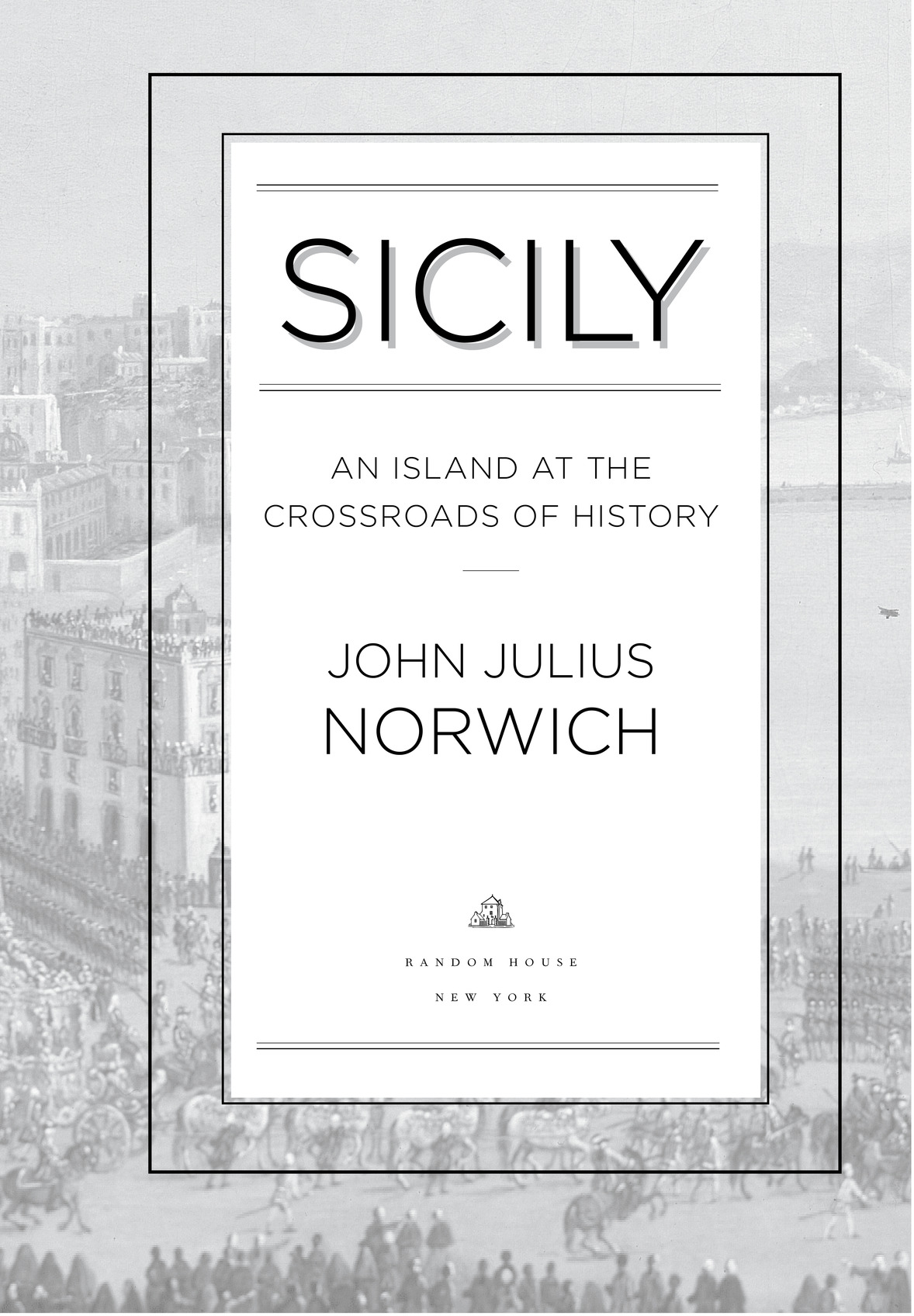John Julius Norwich - Sicily: An Island at the Crossroads of History
Here you can read online John Julius Norwich - Sicily: An Island at the Crossroads of History full text of the book (entire story) in english for free. Download pdf and epub, get meaning, cover and reviews about this ebook. year: 2015, publisher: Random House, genre: History. Description of the work, (preface) as well as reviews are available. Best literature library LitArk.com created for fans of good reading and offers a wide selection of genres:
Romance novel
Science fiction
Adventure
Detective
Science
History
Home and family
Prose
Art
Politics
Computer
Non-fiction
Religion
Business
Children
Humor
Choose a favorite category and find really read worthwhile books. Enjoy immersion in the world of imagination, feel the emotions of the characters or learn something new for yourself, make an fascinating discovery.

- Book:Sicily: An Island at the Crossroads of History
- Author:
- Publisher:Random House
- Genre:
- Year:2015
- Rating:4 / 5
- Favourites:Add to favourites
- Your mark:
Sicily: An Island at the Crossroads of History: summary, description and annotation
We offer to read an annotation, description, summary or preface (depends on what the author of the book "Sicily: An Island at the Crossroads of History" wrote himself). If you haven't found the necessary information about the book — write in the comments, we will try to find it.
Critically acclaimed author John Julius Norwich weaves the turbulent story of Sicily into a spellbinding narrative that places the island at the crossroads of world history.
Sicily, said Goethe, is the key to everything. It is the largest island in the Mediterranean, the stepping-stone between Europe and Africa, the link between the Latin West and the Greek East. Sicilys strategic location has tempted Roman emperors, French princes, and Spanish kings. The subsequent struggles to conquer and keep it have played crucial roles in the rise and fall of the worlds most powerful dynasties.
Yet Sicily has often been little more than a footnote in books about other empires. John Julius Norwichs engrossing narrative is the first to knit together all of the colorful strands of Sicilian history into a single comprehensive study. Here is a vivid, erudite, page-turning chronicle of an island and the remarkable kings, queens, and tyrants who fought to rule it. From its beginnings as a Greek city-state to its emergence as a multicultural trading hub during the Crusades, from the rebellion against Italian unification to the rise of the Mafia, the story of Sicily is rich with extraordinary moments and dramatic characters. Writing with his customary deftness and humor, Norwich outlines the surprising influence Sicily has had on world historythe Romans fascination with Greek civilization dates back to their sack of Sicilyand tells the story of one of the worlds most kaleidoscopic cultures in a galvanizing, contemporary way.
This volume has been a long time comingNorwich began to explore Sicilys colorful history during his first visit to the island in the early 1960s. The dean of popular historians leads his readers through the millennia with the steady narrative hand of a master teacher or the worlds most learned tour guide. Like the island itself, Sicily is a book brimming with bold flavors that begs to be revisited again and again.
Praise for Sicily
Suavely readable . . . The very model of a popular historian, [Norwich] writes to give pleasure to the common reader. And what pleasure it is.The Wall Street Journal
Entertaining on every page . . . There is something ancient and sorrowful in Sicily, some dark, brooding quality, just as captivating as its spellbinding history or its beautiful and varied landscapes, from beaches to lemon groves, pine forests to volcanoes. . . . The most amiable and freewheeling of guides, Norwich will always find time for the amusing anecdote.The Sunday Times
Utterly engrossing . . . written with passion about the art and architecture of this magical island, filled with gossipy tidbits and sweeping historical theories.The Daily Beast
Dazzling . . . Norwich is an elegantly graceful and entertaining storyteller.Richmond Times-Dispatch
Charming . . . richly nuanced history relayed with enormous fondness.Kirkus Reviews
A brisk and always-lively tour.Open Letters Monthly
Norwich is deeply in love with Sicily. [His] boundless affection has inspired a determined effort to understand its painful past. The result is impressionistic, as love often is.The Times
Norwich sketches personalities vividly. . . . He does the island and the reader a generous service in providing such an amiable introduction.The Sunday Telegraph
Norwich tells [Sicilys] long, sad but fascinating story with sympathy and brio.Literary Review
John Julius Norwich: author's other books
Who wrote Sicily: An Island at the Crossroads of History? Find out the surname, the name of the author of the book and a list of all author's works by series.

